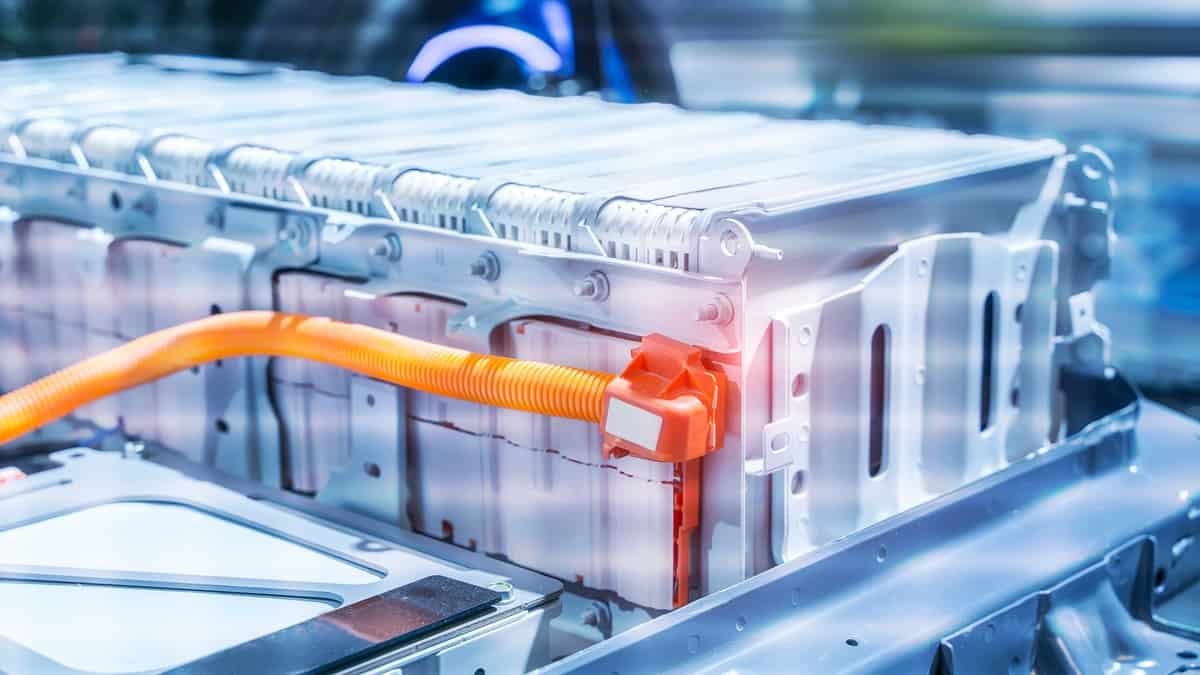US firm Redwood Materials announced today that it had secured a $2 billion low-cost “conditional commitment” from the Department of Energy for EV battery materials in the country, as per the press release.
“Redwood will draw upon this milestone-based financing in tranches that support our phased construction and allows us to unlock funding as we accelerate the construction and expansion of our first battery materials campus.”
Redwood Materials
Purpose
The EV battery recycling startup aims to allocate fresh funds to develop and expand its first battery material campus in the US.
Apart from that, the firm also announced plans in December to develop another facility northwest of Charleston, South Carolina, for about $3.5 billion. Redwood Materials set an initial capacity for both facilities of 100 gigawatt-hours. That amount of electrode materials will be sufficient to supply over 1 million EVs each, according to the company.
How can the project benefit the US?
For context, the recycling facility processes the used EV batteries and automotive production scrap to produce new raw materials. Then, the newly processed raw materials will be utilized to produce new EV battery cells, such as the anode copper foil and cathode-active materials.
That said, the DOE believes that the loan will aid the firm in developing key EV battery materials for the US.
“It’s going to be a slam dunk for our domestic burgeoning electric vehicle industry. Redwood will play an outsized role in bringing the battery supply chain home — because you are focused on the pieces that we don’t have in the United States.”
Jennifer Granholm, Energy Secretary
Redwood Materials CEO JB Straubel stated in an interview that Redwood Materials plans to utilize the first loan amount later this year. The firm expects it will aid them in boosting production to achieve full-scale operation at its northern Nevada complex.
In return, this project will undoubtedly aid the US in cutting its foreign reliance on key materials supply, especially from China. The newly passed Inflation Reduction Act and its introduced incentives for domestic production enticed global EV and battery makers to penetrate the country.
The DOE further noted that using recycled EV battery materials can significantly reduce EV prices in the US.
“In order to meet the needs of the rapidly growing EV market, the United States will need to expand battery recycling capabilities, as well as grow our domestic capacity for producing battery precursor materials. By lowering the cost of the critical materials for lithium-ion batteries using recycled materials, electric vehicles can become more accessible to lower-income communities.”
Jigar Shah, DOE’s Loan Programs Office Director
It is worth noting that former Tesla CTO and co-founder JB Straubel founded the company in 2017 while working for Elon Musk‘s automaker, as pointed out by reports. In 2019, Straubel and other Tesla employees, including COO Kevin Kassekert, left the automaker to fully work on Redwood Materials.
Redwood Materials intends to provide Panasonic (6752.T) with Nevada-made copper foil to manufacture battery cells in the Nevada Gigafactory that Panasonic and Tesla jointly run. Additionally, it will provide cathode material to Panasonic’s new battery plant in Kansas, which is expected to start operating in 2025.

